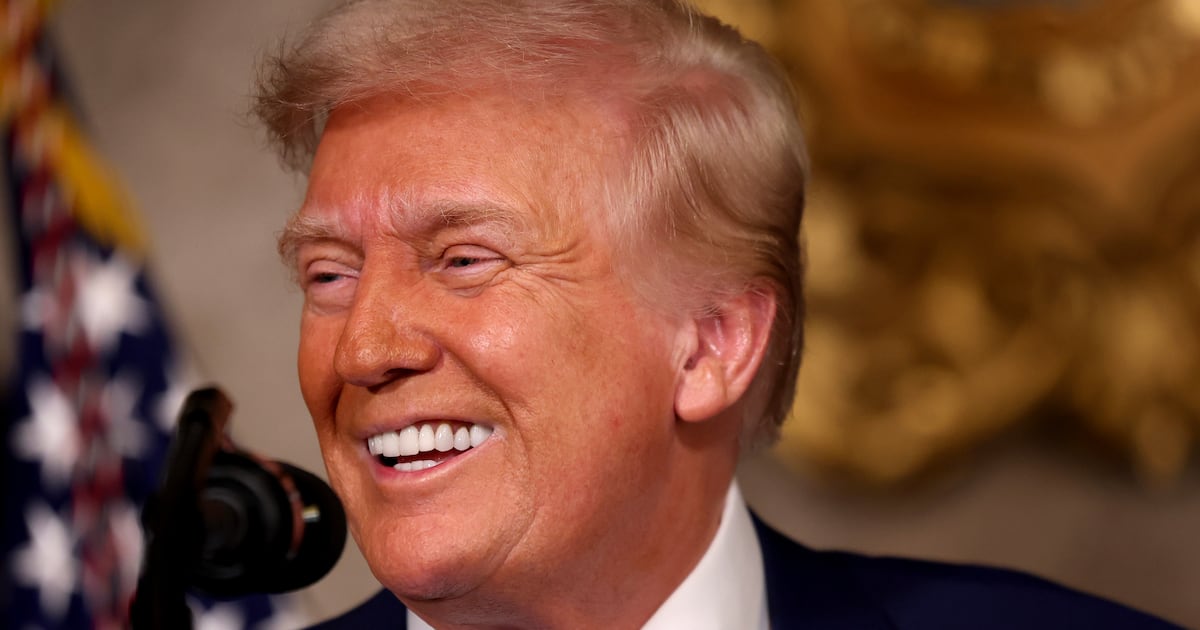Tesla Motors CEO Elon Musk is felling it. And with good reason. His startup electric-car company reported its first quarterly profit. The stock has gone nuts—in a good way. Tesla just raised $1 billion in new cash, which enabled it to repay, nine years ahead of schedule, the $465 million loan it took from the Department of Energy. Overall, it’s a great success story that has defied the many haters and critics.

On Wednesday Musk, a prototypical 21st-century CEO, took to Twitter to talk a little trash: “Tesla wired the funds to repay the DOE loan today. Only US car company to have fully repaid govt.”
This raised some hackles at Chrysler, whose official Twitter feed responded, “Not so fast, Tesla,” and linked to a blog post noting that Chrysler had repaid its government loan, too, in 2011, six years ahead of schedule. The post concluded, “Question: short memory or short-circuit?”
Musk responded, on Twitter, with a mixture of sincerity and snark: “As many have already noted, @Chrysler is a division of Fiat, an Italian company. We specifically said first *US* company.”
And then: “More importantly, @Chrysler failed to pay back $1.3B. Apart those 2 points, you were totally 1st.”
Oh, snap.
Tesla’s taunting of other car companies wasn’t confined to Twitter. Check out the company’s press release announcing the payment: “Following this payment, Tesla will be the only American car company to have fully repaid the government,” the company said. Tesla noted that the program under which it received the credit, the Advanced Technology Vehicle Manufacturing Loan Program, was created by President Bush in 2008. “This program is often confused with the financial bailouts provided to the then bankrupt GM and Chrysler, who were ineligible for the ATVM program, because a requirement of that program was good financial health.”
Double snap.
Musk is right, to a degree. Ford took $5.9 billion in loans under the same ATVM program that Tesla accessed and is still in the process of paying that back. Chrysler was bailed out by the government through loans that were swapped for stock in the post-bankruptcy Chrysler. Chrysler did buy back all the government’s shares, but at a lower price. So the government took a $1.3 billion loss on the Chrysler investment. At GM, the Treasury Department swapped some $51 billion in loans into a big equity stake in the company. The government has received $31.1 billion back, but it still owns hundreds of millions of shares in GM. Taxpayers are likely to take a loss on this investment, too. (Reports on the status of the auto-industry bailouts can be seen here and here.)
So, Tesla is the only U.S.-based car company that has returned all the money it borrowed from the federal government. Great!
At the same time, however, Tesla still depends on government subsidies and tax credits to a significant degree—and to a much greater degree than does Chrysler, Ford, or GM.
In the eyes of state and federal taxpayers, not all vehicles are created equal. Electric cars and plug-in hybrids are eligible for big tax credits that can seriously reduce the cost of ownership. In the case of a purely electric car like the expensive Tesla Model S, a $7,500 tax credit attaches to each purchase. (Ditto for the purchase of plug-in hybrids.) This tax credit effectively subsidizes a significant chunk of the $62,000 purchase price of a Model S. Depending on where purchasers live, they may be eligible for state tax breaks on top of the federal credit.
In addition, government regulations require the production of a certain number of alternative vehicles per year. Rather than build green cars themselves to meet mandates, some manufacturers simply purchase credits from companies that make zero-emission vehicles—like Tesla. In fact, as I noted recently, Tesla has a nice side business selling those tax credits. In the first quarter Tesla said sales of such credits amounted to $68 million, or 12 percent of revenue. Without the sale of those credits, Tesla would not have been profitable.
Of course, other car companies are eligible for these credits as well. But at Ford, Chevrolet, and Chrysler, electric cars and plug-in hybrids account for only a tiny fraction of sales. In general, they are selling cars whose purchase price is not heavily subsidized by the government.
Don’t get me wrong. Tesla is one of the great successes of the early 21st century. Its success is placing pressure on other companies to up their game. The money the taxpayers lent was, in this instance, a smart move. And good on Tesla Motors for paying it back much sooner than it had to. But Tesla has effectively exchanged a federal walker for a federal crutch.






